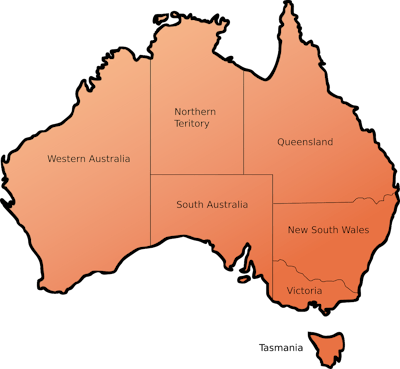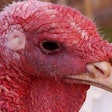
Australia’s first case of highly pathogenic avian influenza (HPAI) in a commercial poultry flock was confirmed at a farm described as a mixed caged and free-range layer operation, the World Organisation for Animal Health (WOAH) reported.
The farm infection, which was initially announced by the Agriculture Victoria agency on May 22 with limited information available, was fatal for 3,000 of the 413,000 birds on the farm, according to WOAH, while depopulation procedures are being carried out for the remaining hens.
The virus confirmed at the farm was of the H7N3 serotype. A source of infection has not yet been revealed.
According to WOAH, a control area and restricted area have been declared around the premises, which is located near the city of Meredith.
The report also stated that a surveillance plan is being developed for premises where poultry is raised within the control and restricted areas. A public information strategy is also being developed.
Human case of HPAI
During the same week the first case of HPAI in commercial poultry was reported in Australia, it was also announced that the first human case had been confirmed.
In this case, it involved a child who had apparently picked up the virus while visiting India. The child has since recovered, and is “no longer unwell,” according to the Victoria Department of Health.
It was earlier concluded that the human case and the layer farm infection were not related. While the virus found at the layer farm was of the H7N3 serotype, the human case was of the H5N1 serotype.
Ingham’s increases surveillance
Upon the announcement of HPAI’s arrival in Australia, Ingham’s, the largest broiler producer of Oceania, reported that it has no commercial broiler farms in the affected region in Victoria, so “there is currently no impact to Ingham’s operations or its supply chain.”
However, the company added that it has implemented enhanced biosecurity measures, which include “restricting access to all Victorian operations (livestock and processing).”
View our continuing coverage of the global avian influenza situation.


















